Carrots are an incredibly versatile and nutrient-dense ingredient that have enhanced the taste of many of my dishes, from simple soups and salads to even a cake or two. While carrots have always been a staple in my kitchen, I sometimes find myself tired of the same old same old, or unable to find organic carrots.
So over the years I've experimented with several carrot alternatives in various contexts, all the data form which is now compiled in this list of the best carrot substitutes for any dish. These carrot substitute options are not only delicious but also offer a range of their own health benefits.
From the sweet and creamy texture of sweet potatoes to the earthy and nutty flavor of parsnips, these swaps will help you take your cooking to the next level.
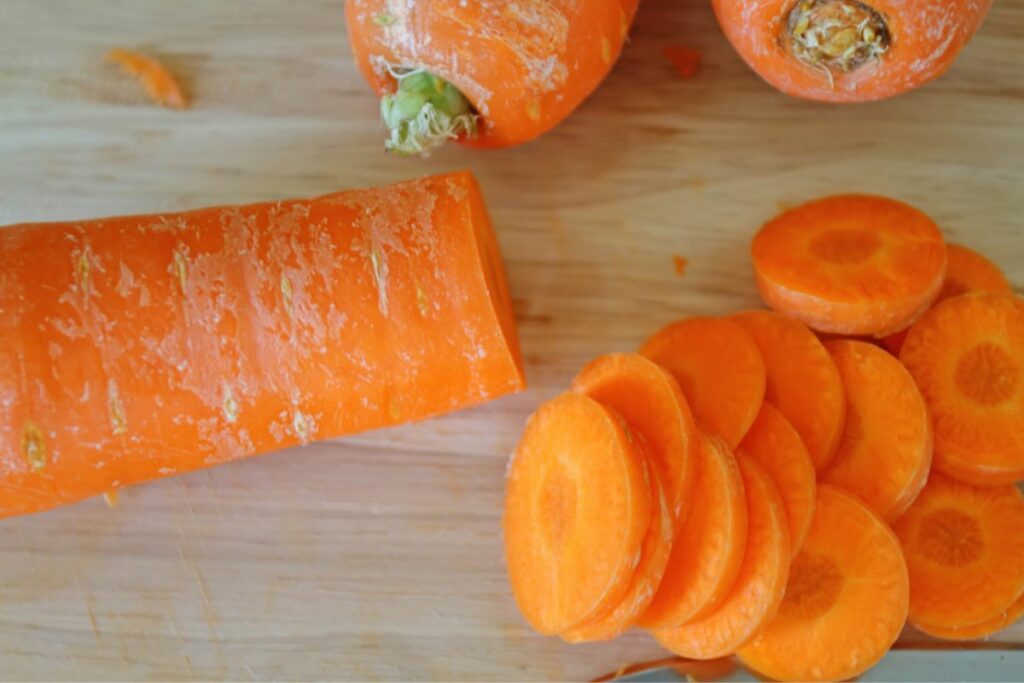
🥕 Best Substitutes for Carrot
Parsnips
Parsnips are one of the few carrot alternatives that are abundant, affordable, and similar in most ways. The two vegetables are alike in shape, texture, and taste and can be used in both sweet and savory dishes. They have a slightly sweeter and nuttier flavor and are also a great source of fiber, vitamin C, and potassium.
Aside from the common ways of cooking parsnips, such as roasting, boiling, mashing, or pureeing, there are other dishes where parsnips can be used as an ingredient. Just like with carrots, when mixed with apples, onions, and chicken stock, parsnips make for a tasty and warming soup.
Parsnips can also be chopped into thin strips and cooked until crispy to serve as a healthy alternative to french fries.
Butternut Squash
Butternut squash is an excellent ingredient to add to your cooking repertoire if you're looking to diversify your meals. With its vast array of flavors and textures, squash can add a level of depth and complexity to your recipes, and don't limit yourself to just butternut if you can only find other types.
This fruit is also rich in nutrients like vitamin A, potassium, and fiber, just like carrots, with a slightly sweet flavor and a firm texture that makes it a great substitute in many recipes.

Zucchini
Zucchini is a versatile vegetable with a mildly sweet flavor and a tender texture that makes it great in sweet and savory dishes. With only 20 calories per cup, zucchini is an excellent option for those looking to maintain a healthy weight.
Not only is it low in calories, but also high in fiber and rich in vitamins and minerals. It also contains a lot of potassium, which can help control blood pressure and promote heart health, as well as vitamin C, which can help strengthen your immune system and keep your skin healthy.
Sugar Beets
As a root vegetable, beets can add a sweet and earthy flavor to your dishes, making them a great option to substitute for carrots. They are also a rich source of essential nutrients, including fiber, folate, and potassium, but keep in mind that they're very high oxalate, which may be an issue for osme people with histamine intolerance.
Beets are, however also rich in antioxidants, which can lessen inflammation in the body and shield your cells from oxidative harm. There are numerous ways to incorporate beets into your meals when cooking with them, but they're also great tossed in a light white vinegar or chopped up raw.
You can roast, boil, or even grate and use them in salads. Beet chips are a popular option for a healthy and tasty alternative to potato chips. Simply slice the beets thinly, toss them with a little bit of olive oil and salt, and bake them in the oven until crispy, but keep in mind that they can be quite earthy-tasting.
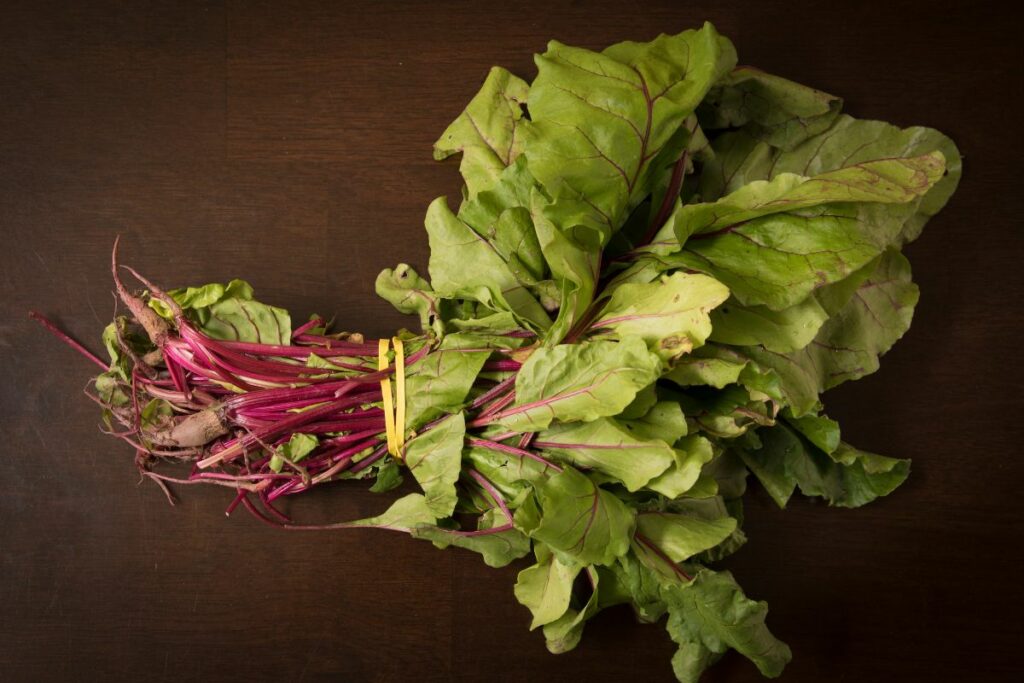
Celery
Celery is a healthy and versatile option as it has a texture and crunch similar to carrots, making it suitable for use in various dishes, including salads, soups, stews, and stir-fries. They're also low in calories and high in fiber, and rich in essential vitamins and minerals, such as vitamin K, folate, and potassium.
It's worth noting that celery has a milder flavor, however, so when using it in your recipes, you may need to use more of it to reach the same level of sweetness and flavor as carrots. However, this does present an excellent opportunity to experiment with new flavor combinations and create unique and delicious dishes.
Turnips
These root vegetables have a slightly sweet, nutty flavor and texture, making them a top pick in certain recipes. Turnips are also a rich source of essential nutrients, including vitamin C and potassium.
One of the unique aspects of turnips is their low-calorie count. With only 34 calories per cup, turnips are an excellent choice for those looking to maintain a healthy weight. They're also low in carbs and high in fiber, which can help regulate blood sugar levels and promote healthy digestion.
Turnips are additionally a rich source of antioxidants, which help shield your cells from oxidate breakdown and lessen inflammation in the body.
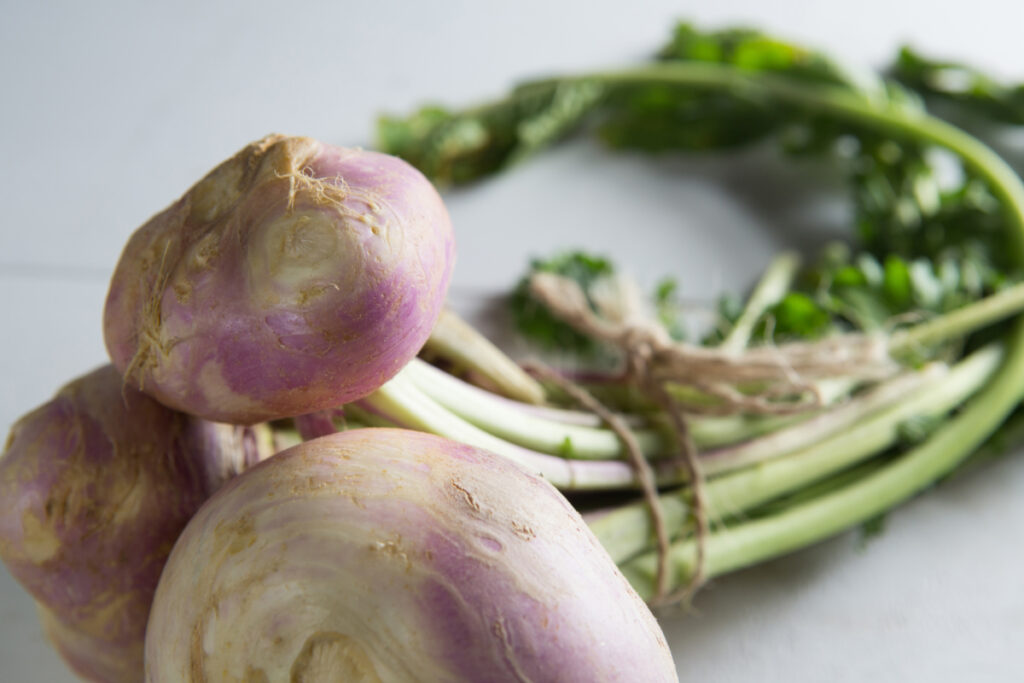
Daikon Radish
This root vegetable is commonly used in Asian cuisines and can be found in most grocery stores, near the turnips and jicama. With its crisp and crunchy texture, daikon is quite similar to carrots, but its flavor is much milder and slightly sweeter.
It also has a slightly peppery taste that can add a unique flavor to your dishes. Daikon is a great source of important nutrients, including fiber, potassium, and folate. Antioxidants are another component of daikon that can lessen inflammation in the body and help shield your cells from harm.
Sweet Potatoes
Sweet potatoes are another versatile root vegetable that can be used in many recipes that call for carrots. They have a similar texture and sweetness to carrots, but with an ever so slightly different flavor profile.
Expect a somewhat sweeter taste and a more vibrant orange color if you plan on using them as a replacement for carrot. They are also an excellent option for recipes that call for cooked or mashed carrots, such as soups, stews, and casseroles.

Cabbage
This leafy vegetable has a mild and slightly sweet flavor that can enhance the complexity of your dishes. Cabbage is suitable for use in various recipes, including salads, slaws, soups, and stir-fries, and it's a rich source of essential nutrients such as vitamin C, fiber, and potassium.
While cabbage has a different texture and flavor than carrots, it can still be a great opportunity to dabble with new flavor combinations and create unique and delicious dishes, and makes for a great swap for carrots in stews and stir-fries.

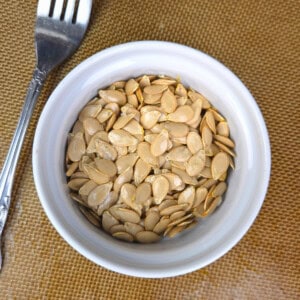



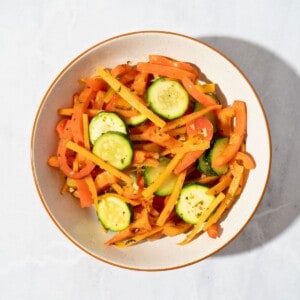







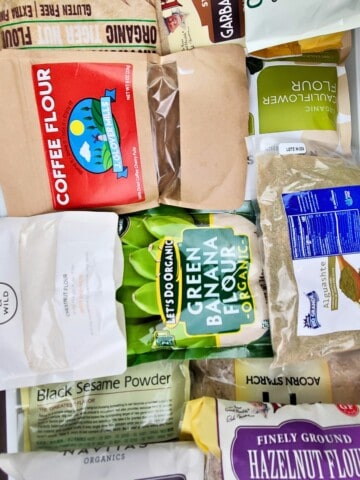
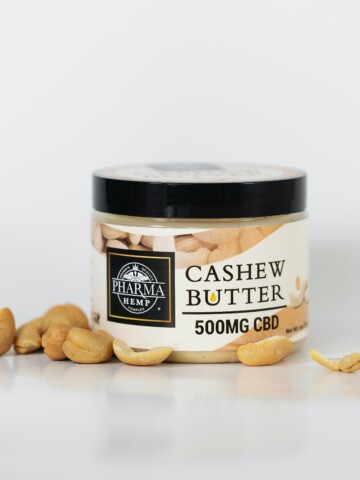
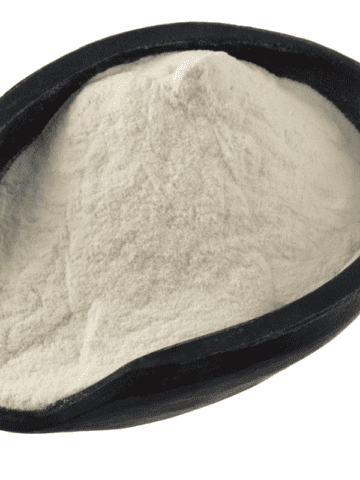
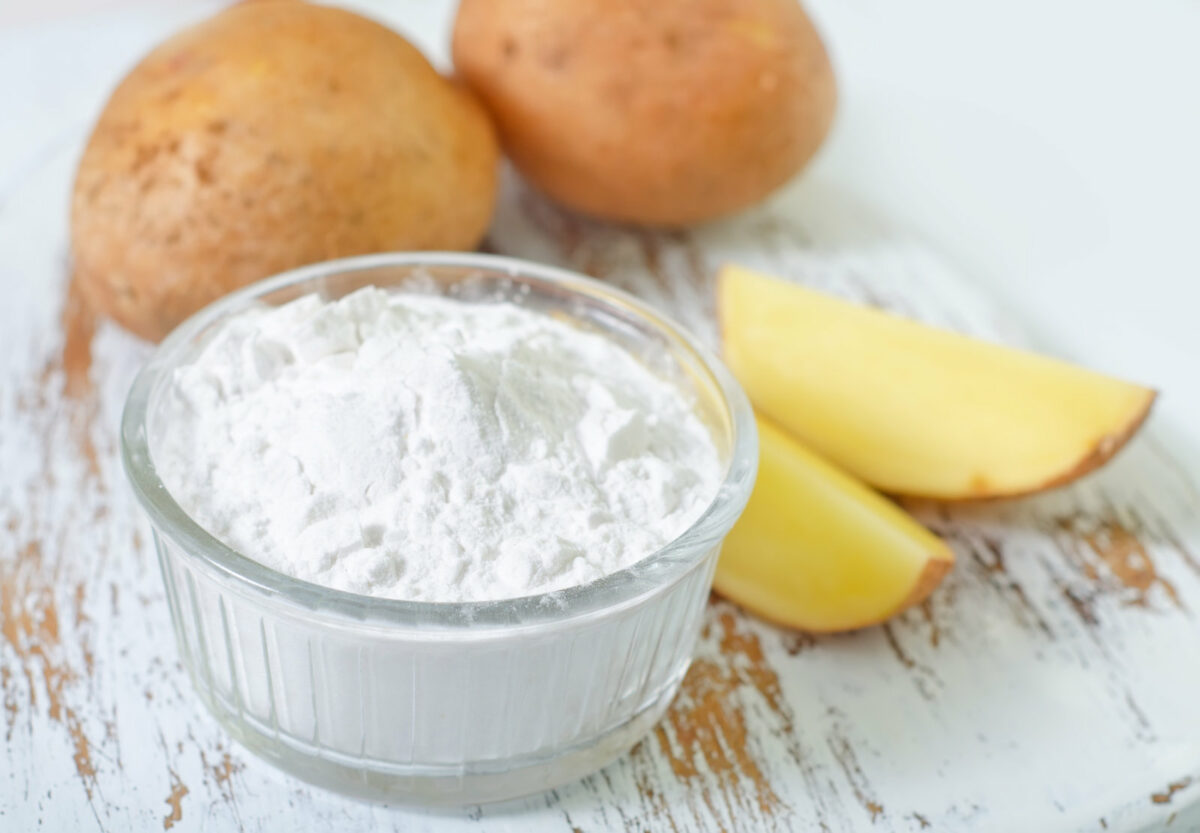
Comments
No Comments